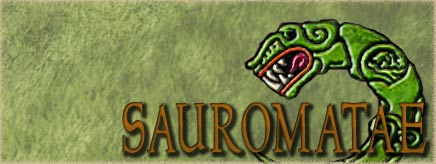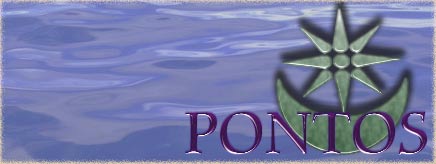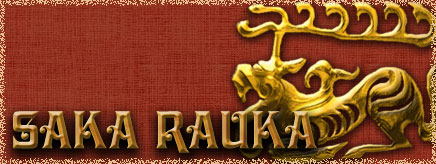As for the political decisions, behind and prior to the battle, the Achaioi, or at least a good majority of them chose to go to war, fully knowing what the SPQR was capable of. In fact the reasoning could very well be this knowledge, the end of Makedonia, the gradual loss of Pergamene indepence, as far as freedom of action was concerned, provided enough examples to attempt a removal of Roman influence in Hellas. It was clear that the kind of autonomy the Hellenes wanted in the long run wouldn't be allowed by the Romani...
After that, imo, Diaios followed the only strategy that could, albeit with pretty low chances, win. Namely to keep a unified effort (all Hellenic military treatises, Taktika, of the time advice to do the utmost towards preventing stasis and collaboration from within). Thus Diaios elimated those that preferred not to fight, and by killing the envoys he made the polis part of the crime, making sure that they would fight, because even if they survived the battle, they would've been executed...
The idea that a siege could've been won is just out of the question, any decent Strategos, understanding the logistics the SPQR could count on, would know that victory by attriction would've been impossible...
Removing the Roman military presence in Hellas, hoping that the siege in Qarthadast would last longer and concentrate Roman efforts, while an ally could be found (maybe the Seleukidai) or naval forces mustered to prevent easy crossings by the Romani...
That was the only "workable" plan, since the decision to fight Roma had been taken...



 Reply With Quote
Reply With Quote -Silentium... mandata captate; non vos turbatis; ordinem servate; bando sequute; memo demittat bandum et inimicos seque;
-Silentium... mandata captate; non vos turbatis; ordinem servate; bando sequute; memo demittat bandum et inimicos seque;










Bookmarks